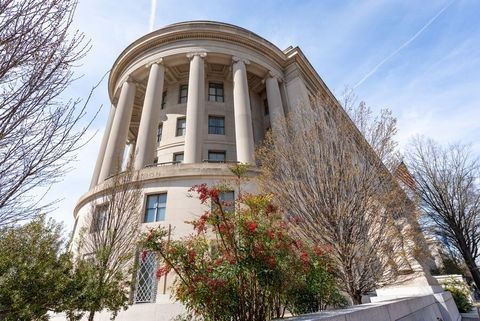DOL Overtime Rules Enjoined
Client Alert | 1 min read | 11.23.16
A federal district judge in Texas yesterday issued a nationwide preliminary injunction barring the U.S. Department of Labor from implementing new regulations increasing the minimum salary necessary for employees to qualify for many of the “white collar” overtime exemptions permitted under the Fair Labor Standards Act (FLSA). The rule was scheduled to be effective next Thursday, December 1. The DOL issued a statement yesterday that it disagreed with the decision and was considering all options. An emergency appeal of the court’s order is possible.
The decision will cause most employers to reassess their plans to comply with the new rule. Many companies have initiated compliance programs that call for increasing salaries of affected employees. Other plans are intended to convert employees to non-exempt status, making them eligible for overtime pay. Complex financial, operational and human resources issues are presented by the court’s order.
The court’s decision adopted the principal arguments advanced by plaintiffs in two consolidated cases brought in September challenging the DOL rule. The court concluded that DOL lacked authority under the FLSA to issue the new rule. According to the court, the new rule effectively adopted a “salary-only” test for FLSA exemption status, a result that is contrary to the FLSA’s requirement that DOL “define and delimit” the white collar exemptions with reference to the job duties actually performed by affected employees.
We are closely following developments in the litigation. We’re also working with clients on how to respond to the uncertainty created by yesterday’s ruling. Watch this space for additional updates.
Contacts
Insights
Client Alert | 3 min read | 02.11.26
On July 8, 2025, the U.S. Court of Appeals for the Eighth Circuit vacated the Federal Trade Commission’s (FTC) Rule Concerning Subscriptions and Other Negative Option Plans, commonly known as the “Click-to-Cancel” rule. As detailed in a previous client alert, the rule was intended to regulate negative option plans[1]— such as subscriptions and automatic renewals — by imposing stringent requirements on businesses, including streamlined cancellation processes and enhanced disclosure obligations. The Eighth Circuit vacated the Click-to-Cancel rule because it found that the FTC had failed to comply with mandatory procedural requirements. As a result, the rule is no longer in effect, and businesses are not currently subject to its mandates.
Client Alert | 3 min read | 02.10.26
UK FCA Proposes New Sustainability Disclosure Rules for Listed Companies
Client Alert | 3 min read | 02.09.26
Client Alert | 1 min read | 02.09.26
Worried Three’s a Crowd? Decline Intervention at Your Own Peril




